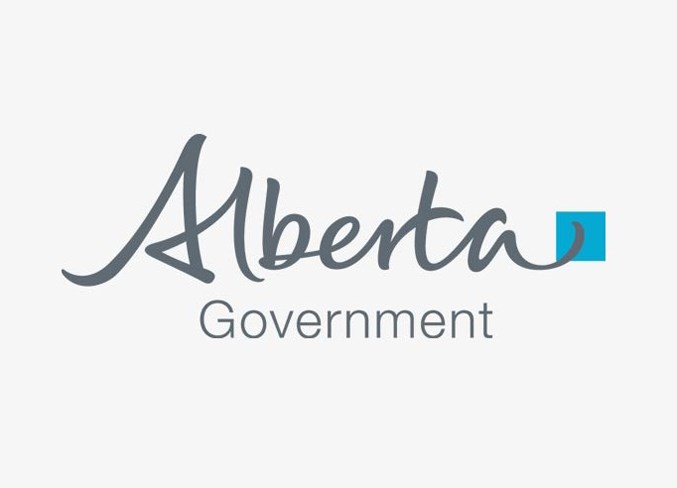Operators of residential addiction treatment centres, including the one operating west of Sundre, have until Nov. 1 to be licensed with the province under new legislation.
Previously operating in a complete absence of legislative framework, public and private addiction treatment centres were not required to adhere to any provincially-set regulations.
“There has been a vacuum, and it’s going to get filled,” said Steve Buick, a government spokesperson for the associate minister of mental health and addictions.
The provincial government, said Buick, is implementing legislation introduced and passed by the previous provincial government called the Mental Health Services Protection Act, also known as Bill 30.
The act is currently being enforced, and allows providers until Nov. 1 to become compliant by going through a licensing process. The intent of the act, he said, is to prevent predatory or exploitative practices and protect the public.
In the past, he said the only recourse for members of the public who experienced any instances of malpractice was civil action because there was no legal framework for criminal charges.
“But there will be now.”
The heaviest fines for the most serious infractions can reach up to $100,000, he said.
According to the provincial government's website, the act “provides a foundation to ensure safe, quality addiction and mental health care.”
Furthermore, the new legislation “provides authority to license residential addiction treatment facilities and outlines core requirements that must be met. It also enables creation of a professional college to regulate counsellors.”
The Canadian Research Initiative in Substance Misuse states that one in five people will access addiction or mental health services in their lifetime, and adds, “Albertans deserve to know the treatment they receive is safe and well regulated.”
Bill 30 was implemented to put in place standards to ensure residential treatment facilities are licensed, and that health service providers are appropriately trained and regulated. The regulations apply to an estimated 60 residential addiction treatment facilities in the province.
The government says services are offered in both public and private addiction and mental health facilities, and adds that 65 per cent of available clinical facilities are privately operated. This includes for-profit as well as non-profit entities.
Prior to the act, about 5,000 practitioners provided counselling services without any regulations, and the government had heard a litany of concerns from the public, media and experts on issues about safety and quality of care, consumer protections as well as practitioner qualifications and accountability.
From 2012 to 2017, Alberta Health received 35 official complaints from the public, mostly pertaining to private residential addiction treatment centres. However, due to the lack of regulatory authority, the government was limited in its ability to address such concerns.
The aim of the legislation is to improve client care and safety as well as to create quality and consumer protections through standards and licensing that will be similar to childcare facilities. The government started accepting licensee applications on July 1 and facilities must have a licence in place by Nov. 1.
Similar to other health profession groups, the new regulatory framework will give the public a tool to find a qualified practitioner.
An administrator at the privately-owned and operated Rocky Mountain Retreat, which was formerly the Mountain Aire Lodge west of Sundre near Ya Ha Tinda, who citing the Privacy Act declined to be named, would not comment beyond confirming the centre reopened a few months ago under the new name.
According to the Canadian Addiction Recovery Network’s website, the facility is one of two the company operates. Owner John Haines could not be reached for comment following multiple attempts to contact him.
The Sundre RCMP detachment’s Cpl. Joe Mandel confirmed the operation had been investigated several years ago, but that the Crown did not proceed with charges because there technically were no criminal laws broken at the time.
The facility’s owners have also previously been successfully sued, he said, but subsequently declared bankruptcy before eventually reopening in other locations under new names in the Sundre area without ever paying out settlements.
“They are on our radar,” he said, adding many concerns expressed over the years are legitimate and that he hopes to see the company held accountable.
“Their practice is uncouth.”
The corporal cautions people from making any payments — which are non-refundable — without first driving out to see the treatment centre first-hand to decide for themselves if the facility is suitable for their loved one.
“We’ve received many complaints about the Addiction Recovery Network and their previous names, and people should be cautious and do their background check and due diligence before seeking their service.”



